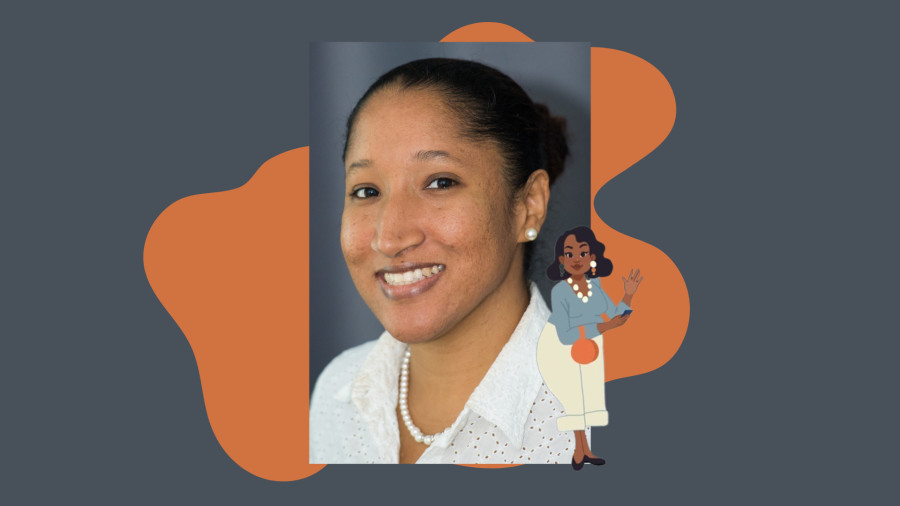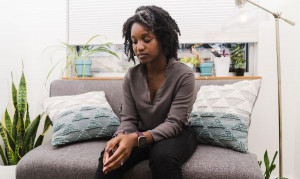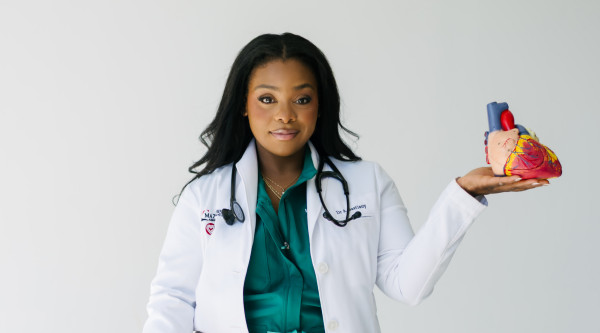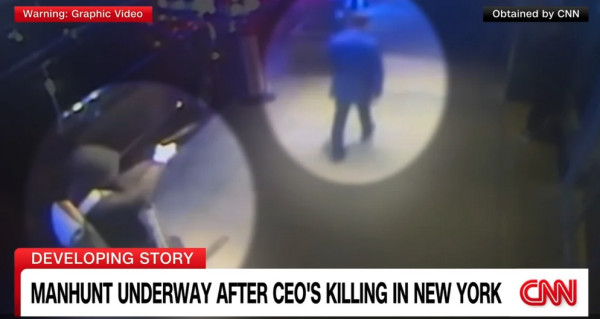Her phone became a hotline that people called during the lockdown, asking questions about what to do, where to go, and how to get vaccinated.
"People would go to government websites, and they weren't helpful at all," says Ottley. "Folks would call the numbers to find important information about housing, employment, or food, wait for hours to get through, and then the line would just drop."
With her phone ringing non-stop, still breastfeeding an infant and homeschooling a preschooler, Ottley decided she needed a better way to support and get life-saving information to the community. So in Spring 2021, during the first rollout of the vaccine, she and her team launched the first iteration of Auntie Betty.
Auntie Betty is a virtual Aunt developed by the award-winning LAM Sisterhood, a storytelling collective based in Kenya. Auntie Betty is the Kenyan Aunt who always does and gives the most. She communicates with a warm, culturally appropriate tone, with messaging in English or Swanglish (a blend of Kiswahili & English).
The Auntie Betty chatbot does not force or even encourage vaccination or any medical decision on anyone. Instead, she provides a safe and comfortable environment to ask questions and find resources and answers that help people make the best decisions. The goal is to create a judgment-free, low-pressure, and community-centred space.
"We chose to make her an aunt because, from an African context, Aunties are holders of love and care and are trusted. They are also a lot of fun! We wanted a character that felt honest and familiar to the audience, so they could see themselves in her,” says Anne Moraa, the M in the LAM Sisterhood collective.
Auntie Betty aimed to meet folks where they were while misinformation was spreading like wildfire; that was on Whatsapp. Even without the internet, folks could still connect with family and friends using mobile data.
Ottley and her team applied for the Public Health Agency of Canada (PHAC) Vaccine Community Innovation Challenge, but the project was not selected for full funding. With limited funding and no future funding in sight, she turned to TURN.io for help. TURN.io had built the COVID chatbot for the World Health Organization, and she hoped they might consider helping the cause. She was right.
TURN.io provided use of their platform on an in-kind basis, recognizing the social impact of Auntie Betty. They saw the benefit in helping save one more Black life through culturally appropriate communication.
This kind of community organizing and coordinating, getting people the help they need when and how they need it, is a significant element of what Ottley refers to as Aunt-ing.
The pandemic presented a new challenge. The traditional ways communities would come together in times of trouble were restricted. People feared both catching and spreading the virus. Families and communities were completely isolated, and everything was unknown.
"Aunts play a huge role in the Black community," Ottley says. "When others let me down, I always knew there was an Auntie I could count on. My life's work has been about paying that kind of service to my community."
Despite generations of systemic neglect, Black communities continue to thrive. We have managed to do this primarily due to the strength of community, collaboration, and the love of families—biological and chosen.
Ottley sees Aunt-ing as a verb and a prevalent practice of kinship care in the Caribbean, African and Black communities. She hopes this initiative will bring that culture to the forefront.
The latest iteration of Auntie Betty has evolved into an online chatbot model. As a result, people can find resources that point them to community health centres that are more culturally conscious and aware, physicians of African or Caribbean descent, and it even directs people to food support if needed.
“It was a natural partnership to pair up VaxFacts with Auntie Betty,” says Dr. Latif Murji, lead physician of the VaxFacts Clinic and one of the early supporters of the Auntie Betty initiative.
“Auntie Betty and Vaxfacts are synergistic services that employ a health equity lens and a non-judgmental approach, giving information to communities to let them make the best decisions. Auntie Betty has done an excellent job of developing community trust; similarly, VaxFacts is a trusted source of medical expertise.”
With this initiative and her work more broadly, Ottley aims to re-create that sense of community in innovative ways and integrate them into our modern, urban, city-setting lifestyle. Through storytelling and creating safe environments to learn, she hopes to positively influence and guide improved community health, one conversation at a time.

 By
By 








